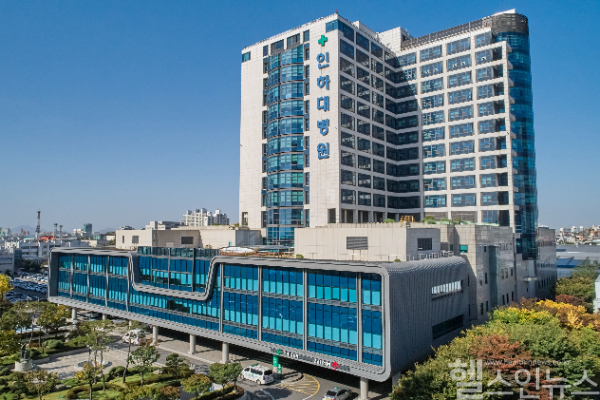The 400th procedure was a haploidentical allogeneic transplant for a patient with acute myeloid leukemia (AML), using stem cells donated by the patient’s daughter. Haploidentical transplants, requiring only a partial tissue-type match between donor and recipient, have broadened the scope of family-based donations, enhancing access for patients in need.
Of the 400 transplants, 220 were allogeneic, using donor stem cells, and 180 were autologous, employing the patient’s own cells. The primary conditions treated include acute myeloid leukemia, acute lymphoblastic leukemia, and myelodysplastic syndromes, all serious hematologic malignancies. The hospital has continually improved the safety and efficacy of its transplant program, drawing on extensive expertise in both pre- and post-transplant care.

Patients typically undergo chemotherapy in the semi-sterile rooms before being transferred to the transplant ward for the procedure. A multidisciplinary team of physicians and nurses provides continuous monitoring to support optimal patient outcomes.
Dr. Taek Lee, president of Inha University Hospital, highlighted the procedure’s complexity, stating, “Hematopoietic stem cell transplantation requires successful chemotherapy, reliable donor availability, and close coordination with the medical team. We prioritize patient safety by carefully managing each stage of the process, aiming to provide dependable care for those battling serious blood disorders.”
Lim Hye Jung, HEALTH IN NEWS TEAM
press@hinews.co.kr


